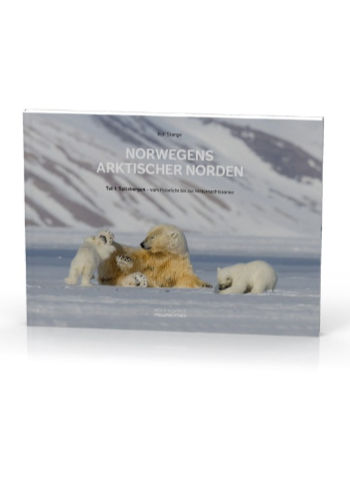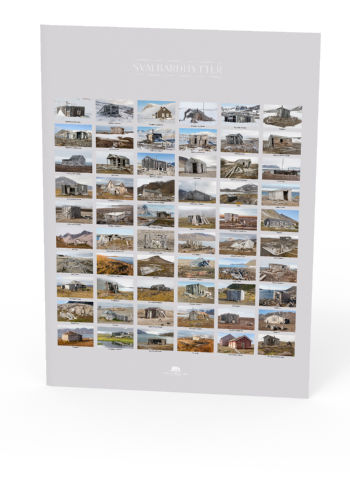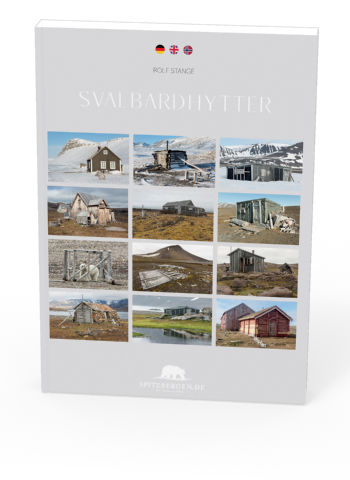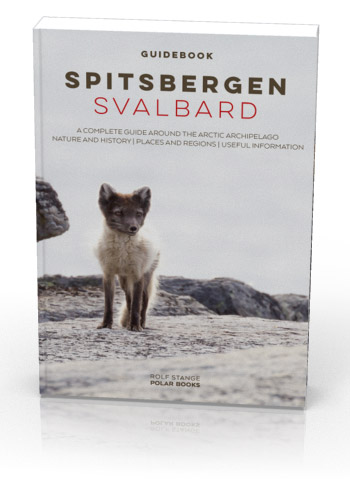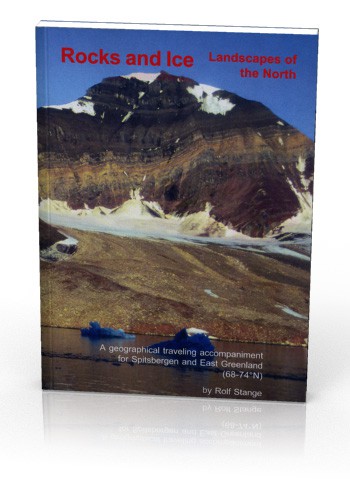-
current
recommendations- Liefdefjord
New page dedicated to one of Spitsbergen's most beautiful fjords. Background information and many photos.
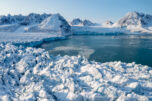
- New Spitsbergen guidebook
The new edition of my Spitsbergen guidebook is out and available now!
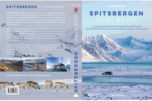
- Liefdefjord
New page dedicated to one of Spitsbergen's most beautiful fjords. Background information and many photos.
Page Structure
-
Spitsbergen-News
- Select Month
- April 2025
- March 2025
- February 2025
- January 2025
- December 2024
- November 2024
- October 2024
- September 2024
- August 2024
- July 2024
- June 2024
- May 2024
- April 2024
- March 2024
- February 2024
- January 2024
- December 2023
- November 2023
- October 2023
- September 2023
- August 2023
- July 2023
- June 2023
- May 2023
- April 2023
- March 2023
- February 2023
- January 2023
- December 2022
- November 2022
- October 2022
- September 2022
- August 2022
- July 2022
- June 2022
- May 2022
- April 2022
- March 2022
- February 2022
- January 2022
- December 2021
- November 2021
- October 2021
- September 2021
- August 2021
- July 2021
- June 2021
- May 2021
- April 2021
- March 2021
- February 2021
- January 2021
- December 2020
- November 2020
- October 2020
- September 2020
- August 2020
- July 2020
- June 2020
- May 2020
- April 2020
- March 2020
- February 2020
- January 2020
- December 2019
- November 2019
- October 2019
- September 2019
- August 2019
- July 2019
- June 2019
- May 2019
- April 2019
- March 2019
- February 2019
- January 2019
- December 2018
- November 2018
- October 2018
- September 2018
- August 2018
- July 2018
- June 2018
- May 2018
- April 2018
- March 2018
- February 2018
- January 2018
- December 2017
- November 2017
- October 2017
- September 2017
- August 2017
- July 2017
- June 2017
- May 2017
- April 2017
- March 2017
- February 2017
- January 2017
- December 2016
- November 2016
- October 2016
- September 2016
- August 2016
- July 2016
- June 2016
- May 2016
- April 2016
- March 2016
- February 2016
- January 2016
- December 2015
- November 2015
- October 2015
- September 2015
- August 2015
- July 2015
- June 2015
- May 2015
- April 2015
- March 2015
- February 2015
- January 2015
- December 2014
- November 2014
- October 2014
- September 2014
- August 2014
- July 2014
- June 2014
- May 2014
- April 2014
- March 2014
- February 2014
- January 2014
- December 2013
- November 2013
- October 2013
- September 2013
- August 2013
- July 2013
- June 2013
- May 2013
- April 2013
- March 2013
- February 2013
- January 2013
- December 2012
- November 2012
- October 2012
- September 2012
- August 2012
- July 2012
- June 2012
- May 2012
- April 2012
- March 2012
- February 2012
- January 2012
- December 2011
- November 2011
- October 2011
- September 2011
- August 2011
- May 2011
- April 2011
- March 2011
- February 2011
- January 2011
- December 2010
- November 2010
- September 2010
- August 2010
- July 2010
- June 2010
- May 2010
- April 2010
- March 2010
- February 2010
- November 2009
- October 2009
- August 2009
- July 2009
- June 2009
- May 2009
- April 2009
- March 2009
- February 2009
- January 2009
- December 2008
- November 2008
- October 2008
- August 2008
- July 2008
- June 2008
- May 2008
- April 2008
- March 2008
- February 2008
- April 2000
- Select Month
-
weather information

| Guidebook: Spitsbergen-Svalbard |
Home → * News and Stories → Oil and gas from the Arctic? Test drillings northeast of Svalbard
Oil and gas from the Arctic? Test drillings northeast of Svalbard
During September and October the Norwegian Petroleum Directorate (Oljedirektoratet) arranged seven test drillings northeast of Svalbard. The financing for these drillings was approved by the Norwegian Parliament (Storting).
Such activities are highly contentious, particularly because Norway clearly defined that there should be no drilling for oil or gas beyond the sea ice edge, the line of maximum sea ice expansion in spring. This time the drillings were done along Svalbard´s east side, up to the island Kvitøya and were going down to 200 meters below the seafloor. This area lies outside the protection zone of the archipelago but it lies far north of the sea ice edge. In accordance with this fact, the Petroleum Directorate declared that the drillings had nothing to do with the oil and gas industry. They were just surveys of the geological structure in this area.
The dissenting opposition parties in the parliament, the social liberal Venstre and the green MDG, condemned this operation sharply. If so far in the north, oil and gas extraction is not intended anyway and is not even allowed, at least so far, this operation was simply a waste of money, a speaker of the Venstre said.
In recent years Norway pushed forward the exploration of oil and gas fields in the North Atlantic – off Lofoten and Vesterålen – and in the Barents Sea. But not even there extraction is approved everywhere, and it is still controversial. It is rejected among others by parts of the local population, environmental associations and by the fishing industry. However, when large oil and gas fields are discovered and explored continuously, as recently happened in the Barents Sea northwest of Hammerfest, this will obviously create facts, regardless of the current legal situation. Political decisions will be influenced by the prospect of economical profit. In 2012 the former foreign minister Espen Barth Eide of the social democratic Arbeiderpartiet already made clear that economic considerations are prioritized when it comes to the Norwegian oil and gas resources. Environmental politics can be adjusted, if necessary (see also Spitsbergen-Svalbard.com news Norwegian foreign minister about arctic oil and gas from November 2012).
Northeastern Svalbard: a place for polar bears, ice and wilderness, not for oil and gas.
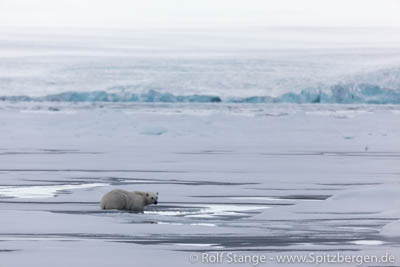
Source: TV2
BOOKS, CALENDAR, POSTCARDS AND MORE
This and other publishing products of the Spitsbergen publishing house in the Spitsbergen-Shop.
last modification: 2015-10-30 ·
copyright: Rolf Stange
